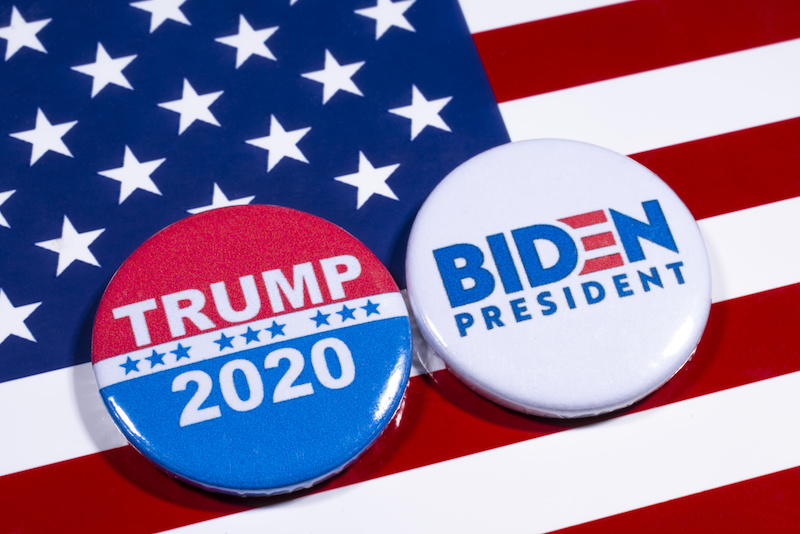Security News

Bad actors could create or change websites and social media content to discredit this year's electoral process, cautions the FBI and CISA. The 2020 presidential election promises to be a rough and divisive one. A new message from the Federal Bureau of Investigations and the Cybersecurity and Infrastructure Security Agency warns voters of the likelihood that foreign actors and cybercriminals will try to propagate fake news about the election results to discredit the process and weaken confidence in the US political system.

Threat actors are expected to launch disinformation campaigns targeting the results of the 2020 elections in the United States, the Federal Bureau of Investigation and the Cybersecurity and Infrastructure Security Agency said in an alert this week. Spreading disinformation on the results of the elections represents a threat to the credibility of the electoral process, meant to undermine confidence in the democratic institutions in the United States, the alert reads.

Two years later, Schiff says that breakdown is still emblematic of the disjointed effort among government agencies, Congress and private companies as they try to identify and address foreign election interference. With President Donald Trump adamant that Russia is not interfering and his administration often trying to block what Congress learns about election threats, it's those private companies that often are being called upon to fill the breach.

Twitter announced this week that it's taking steps to protect high-profile accounts during the upcoming election in the United States. Twitter is reaching out, via an in-app notification, to the owners of accounts associated with government officials, presidential campaigns, political parties, candidates, major news outlets and political journalists.

Confidence levels in securing the election are low, and declining, according to an ISACA survey of more than 3,000 IT governance, risk, security and audit professionals in the US. While federal, state and local governments continue to harden election infrastructure technical controls and security procedures, 56 percent of respondents are less confident in election security since the pandemic started-signaling the need for greater education of the electorate and training of election personnel to drive awareness and trust. Respondents say they believe that funding, legislation, technical controls and election infrastructure are all inadequate, including 63 percent who are not confident in the resilience of election infrastructure, and 57 percent who believe that funding is not sufficient to prevent hacking of elections.

A court hearing on election security in America failed in its own security efforts - when it was zoombombed with porn, swastikas and images of the World Trade Center attacks. The public hearing in an Atlanta federal district court on Friday had approximately 100 people on a Zoom conference call before it was taken over by a participant named Osama who shared his screen and showed offensive images complete with music.

Hacker groups are ramping up activity as the US heads into the peak of election season. To help thwart such attempts, the US Department of State recently announced a multimillion-dollar bounty focused on identifying cybercriminals associated with foreign governments targeting US elections.

Three "Grumpy old hackers" in the Netherlands managed to access Donald Trump's Twitter account in 2016 by extracting his password from the 2012 Linkedin hack. The pseudonymous, middle-aged chaps, named only as Edwin, Mattijs and Victor, told reporters they had lifted Trump's particulars from a database that was being passed about hackers, and tried it on his account.

Microsoft believes there have been extensive "Cyberattacks targeting people and organizations involved in the upcoming presidential election," and that foreign government hackers responsible for attacks ahead of the 2016 vote are back with new and nastier tactics. The Windows giant's corporate veep for Customer Security & Trust Tom Burt said both sides of US politics are being attacked, that China, Russia and Iran are all active, and that the spies are also actively targeting UK political parties and other international institutions.

The U.S. election campaigns of both Donald Trump and Joe Biden have been targeted in a slew of recent cyberattacks, Microsoft said on Thursday. With the U.S. presidential election a mere two months away, in recent weeks cyberattacks targeting people and organizations involved in it have ramped up - including numerous attempts against Trump and Biden staffers, Microsoft said.